President Tinubu attended the 29th session of the NESG last Monday and promised to grow GDP to $1 trillion in 2026, just three years from now. “A one trillion-dollar Nigerian economy is possible by 2026 and a three trillion-dollar economy is possible by the end of the decade. We can do it with double digit, inclusive and sustainable and competitive growth,’’ he announced in a speech to an audience comprising mostly key operators of the country’s private sector. They applauded tentatively, perhaps out of courtesy. A 150 per cent jump in GDP from the current size of about $400 billion in three years would be a miracle.
READ ALSO: Road Transportation GDP Contribution Falls By N558.05bn, Factors Behind Decline
The President did not give specific details of how he would achieve such a feat, but from all indicators, it is a highly unlikely aspiration. The economy has to grown at an annual rate of 50%. Right now, we are crawling at 3%, and the IMF projects 2.9 per cent this year. I think the most realistic target is to grow the economy to N1 trillion in 2031, the end of his constitutionally allowed term limit. Even that would be a tough act. With inflation at over 27 per cent and unemployment at above 50 per cent, we are practically in a stagflation. The first order of business should be to improve economic productivity, drive down inflation to single digit and reduce unemployment.
The main drivers of the economy are crude oil, agriculture, services and manufacturing. In 2022, agriculture contributed 23.7% to the Nigeria’s GDP; industry (30.78 percent) and services (40.04 per cent). Hydrocarbon has since lost its prime position in a major contributor to economic output due to rampant crude oil theft and limited production capacity arising from lack of investments in that sector. But it, nonetheless, remains the main source of our foreign exchange earnings. I do not foresee any major investments in that sector in the immediate term, and I will advise that we should not expect much it.
What then should the Tinubu administration do to achieve a significant GDP growth in eight years? Number One: The low-lying fruits is agriculture. We should double our total agricultural output, eliminate all forms of food importation and, instead, commence exports of some food items like rice, wheat and palm oil in the next four years. Without massive exports, the value of the Naira will continue to fall and inflation will continue to rise.
There should be drastic measures, including closure of borders, to stop smuggling of food items into the country. I understand that the Anchor Borrowers Program, which was initiated by the Buhari administration, as a major funding source for agriculture, may be scrapped. What is the replacement? At the NESG Summit, the President announced that his administration had ‘’introduced several measures to resuscitate the economy, including N500 billion intervention to support small businesses and the agricultural sector’’. Who is managing this, and how is it disbursed?
Number Two: The government should be intentional and deliberate about promoting manufacturing and industry. The main challenge of that sector is scarcity of FX to import raw materials and other inputs. It is a shame that manufacturers still rely on imported raw materials after decades of being in business. Why did they not come up with locally sourced alternatives all these years? In supporting local manufacturers and assemblers, the government should commit to buying Made-in-Nigeria goods. There is no reason why our ministers, legislators, military and other public institutions cannot use Innoson vehicles.
Only this week, Lagos State Governor commissioned a car assembly plant in Ogba, Ikeja – a joint venture between the state and CIG Motors, a Chinese auto maker. It has the capacity to produce 5,000 cars in a year. The first set of 2,000 units have already been assembled and will be in the market soon. All government agencies in Lagos should use CIG vehicles.
Dangote Petrochemical Complex which had already commenced production of fertilizer and is expected to commence refining of fuels by year end will also stimulate GDP growth. By the time the refinery reaches full capacity this time next year, we should end fuel importation which has been a major source of economic hemorrhage. It is expected to create 135,000 jobs; generate 12,000 MW of electricity and produce 53 million litres of petrol; 34 million litres of diesel; 10 million litres of kerosene and two million litres of aviation fuel per day. This is an important addition to the economic output. Furthermore, the government should encourage establishment of more private refineries and, in addition, sell off all the four moribund government-owned refineries that have gulped N11 trillion and over $2 billion in turn around maintenance since 2010, according to Senator Sunday Karimi.
Three: End insecurity. I’m pleased to note that the major security challenges, characterized by mass murders and extensive terrorist attacks, have drastically reduced. I am also excited that the mass killing of farmers and villagers in Benue, Plateau, Nassarawa and other food production centers have diminished remarkably. Our men and women in uniform deserve our commendation for their sacrifices. They should hold their grounds and ensure that these successes are not reversed for without security of lives and property, we can’t make progress in any sector.
Four: Check corruption. President Tinubu told the NESG participants that ‘’we shall govern ethically, with accountability and transparency’’. This is music in my ear. But I should note that it takes a great deal of efforts to fight corruption and actions usually speak louder than words. Buhari came into office promising to fight corruption, and I actually supported him for that. But he failed in some aspects, especially at the CBN and in crude oil theft. To instill investors’ confidence in the economy and promote development, Tinubu has to live up to his promise, but Nigerians will not be convinced if he promises ethical conduct and accountability on one hand while his adult son continues to use government’s planes for leisure travels.
Five: Roles of the governors. It bears repeating that GDP growth is not the responsibility of the federal government alone. State governments have enormous roles to play in our national economic growth and development. But are the governors pulling their weight or they are only waiting for FAAC every month? I shall weigh in on this in details presently.
Even if we grow the economy to one trillion dollars in eight years, at the current population growth rate, the per capita GDP will be a paltry $4,500 or less. That cannot guarantee inclusive growth unless we reduce our population growth to less than two per cent.

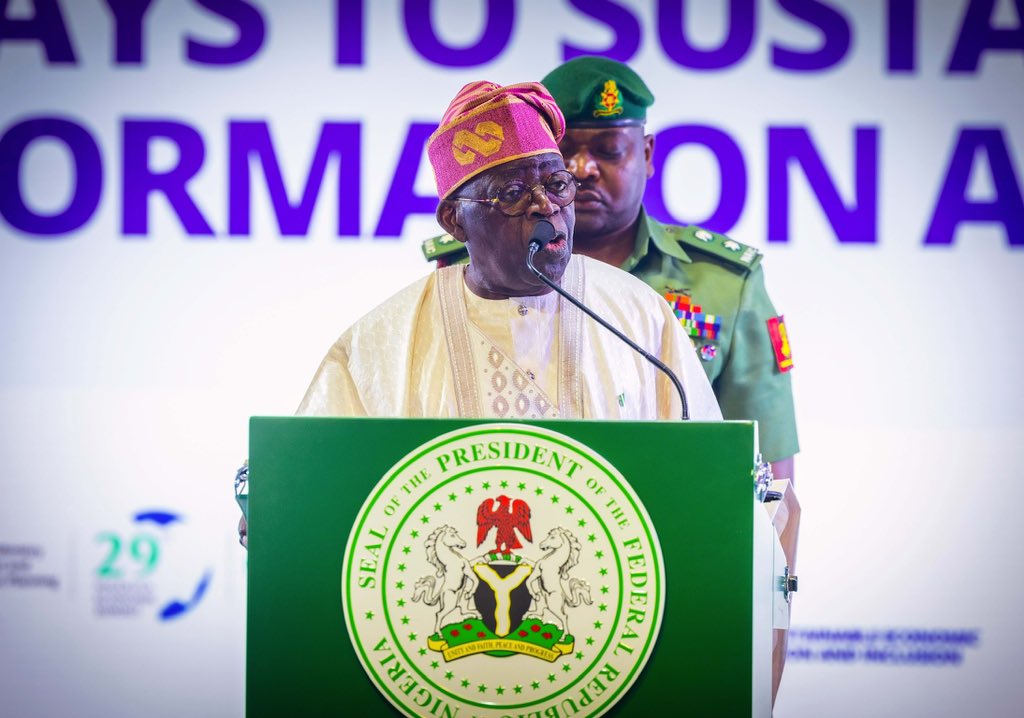





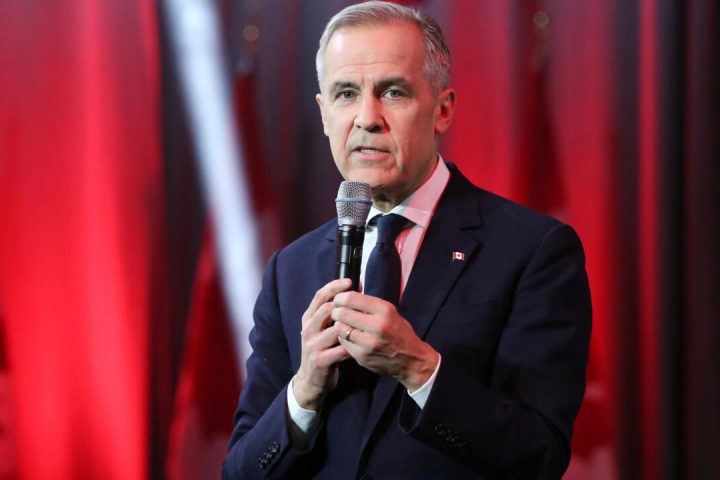






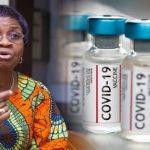

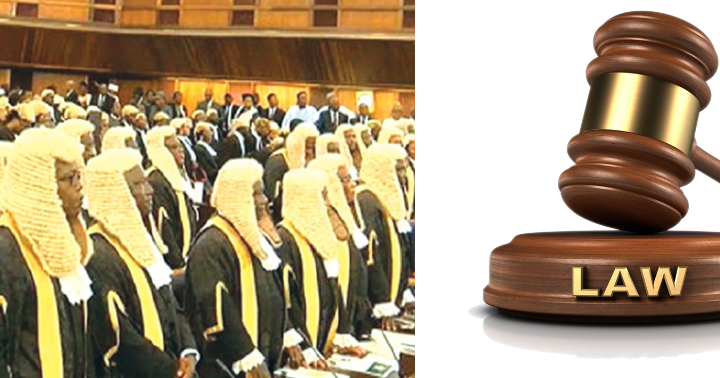
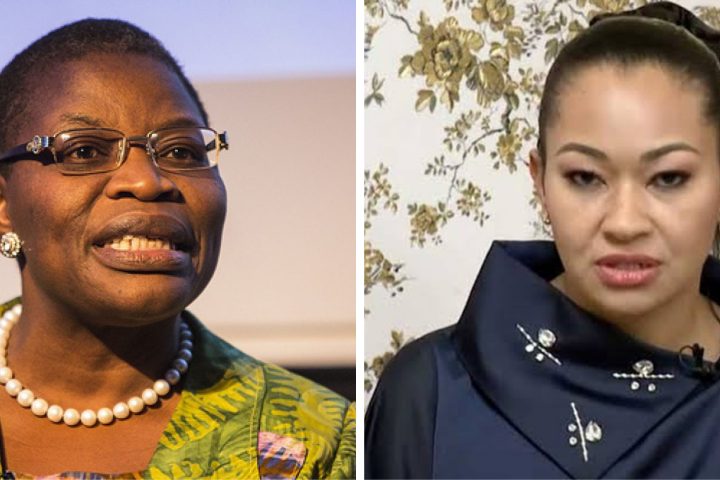
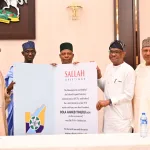
Follow Us